 September 05, 2024
September 05, 2024
A High-Efficiency Particulate Air (HEPA) filter is a crucial component in maintaining clean air, especially in healthcare settings. These environments, including hospitals, clinics, and laboratories, demand exceptionally clean air to prevent infections and ensure the well-being of patients and staff. Medical Grade HEPA Filters are specifically designed to meet the stringent requirements of these settings, providing a level of filtration that is essential for maintaining high standards of air quality.
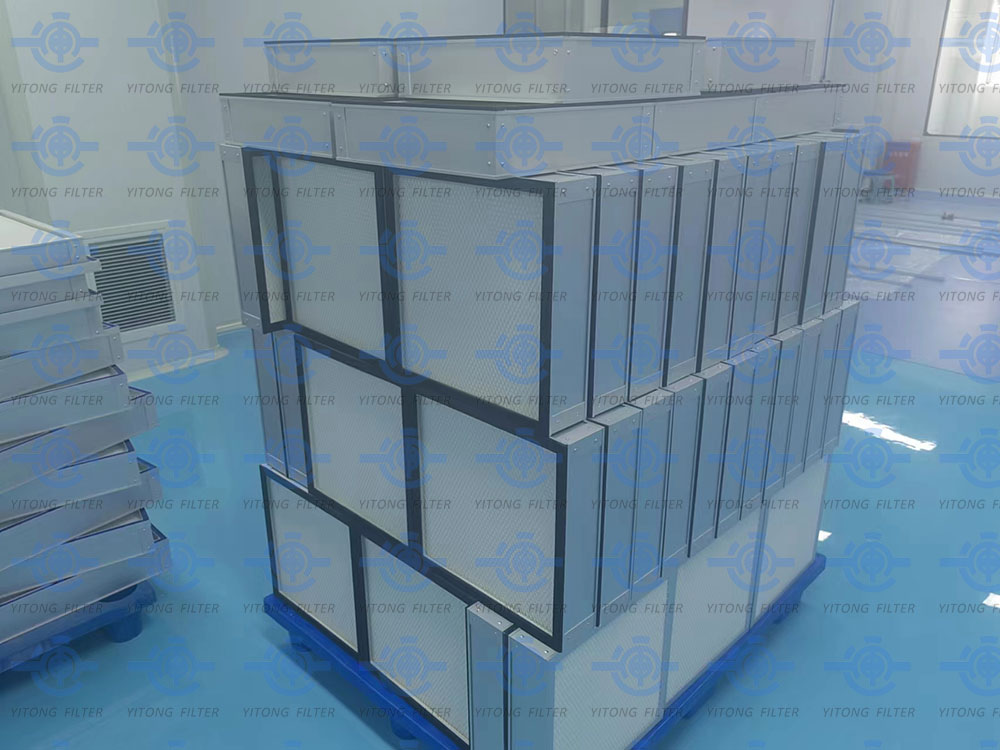
HEPA filters are renowned for their ability to capture tiny particles that other air filters might miss. They are defined by their efficiency in trapping at least 99.97% of particles as small as 0.3 microns. Medical Grade HEPA Filters are a step above the rest, engineered to meet the exacting standards necessary for healthcare environments. These filters are constructed with densely packed fibers that create a maze-like path, effectively trapping harmful particles.
The quality of air in healthcare settings directly impacts the health of patients and the prevention of infections. Medical Grade HEPA Filters are designed to capture a wide range of contaminants, including bacteria, viruses, dust, mold spores, and pollutants. By removing these particles from the air, these filters help reduce the risk of healthcare-associated infections (HAIs), which are a significant concern in any medical facility.
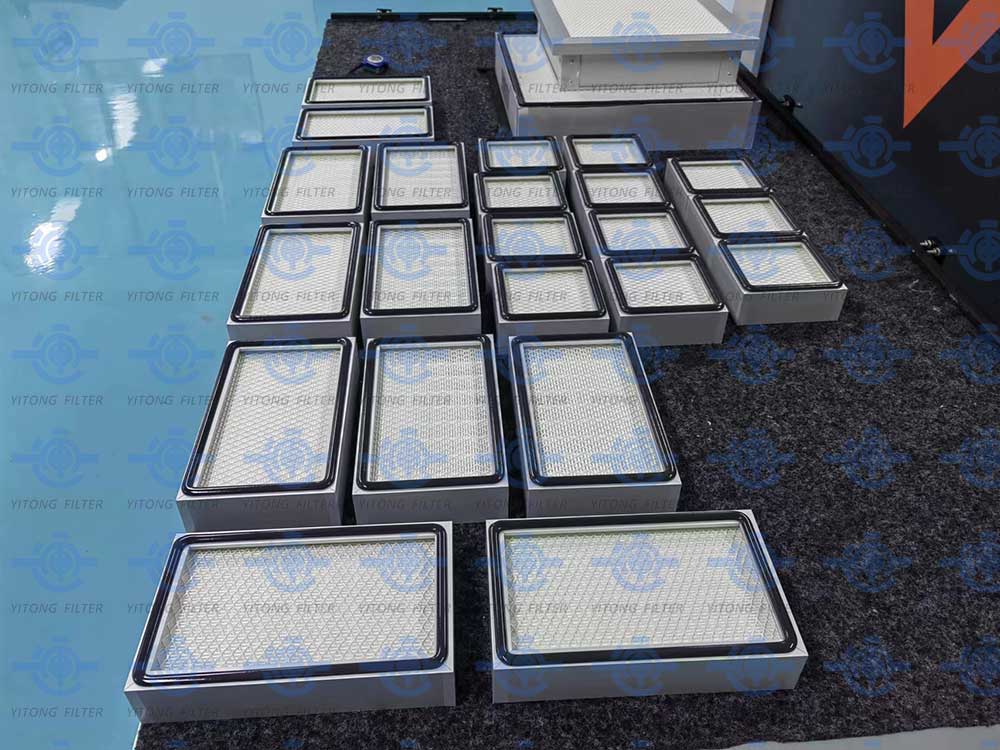
HEPA filters work by forcing air through a dense mesh of fibers. Particles are trapped through a combination of mechanisms: diffusion (where small particles collide with gas molecules and are redirected into the fibers), interception (where particles follow a line of flow that brings them close enough to a fiber to be trapped), and impaction (where larger particles cannot change direction quickly enough and collide with the fibers). In healthcare buildings, these filters are integrated into HVAC systems to ensure a continuous supply of clean air.
Medical Grade HEPA Filters are used in various critical areas within healthcare settings:
Operating rooms: To maintain a sterile environment during surgeries.
Intensive care units (ICUs): To protect vulnerable patients from airborne contaminants.
Isolation rooms: To prevent the spread of infectious diseases.
Laboratories: To ensure accuracy in sensitive testing environments.
Waiting areas: To provide a healthier environment for visitors and patients.
These filters play a vital role in creating and maintaining sterile or low-contaminant environments, which are essential for patient care and safety.
When selecting a Medical Grade HEPA Filter, consider the following key factors:
Efficiency rating: Look for filters with a high efficiency rating, such as those that meet the HEPA standard. Additionally, consider the Minimum Efficiency Reporting Value (MERV) rating, which indicates a filter's ability to capture particles of various sizes.
Compatibility with existing HVAC systems: Ensure the filter is compatible with your facility's HVAC system to avoid any installation issues.
Filter lifespan and maintenance: Choose filters that offer a long lifespan and are easy to maintain, reducing the need for frequent replacements and minimizing downtime.
Certification standards: Opt for filters that meet industry standards, such as those set by ASHRAE or EN 1822, to ensure they provide the necessary level of filtration.
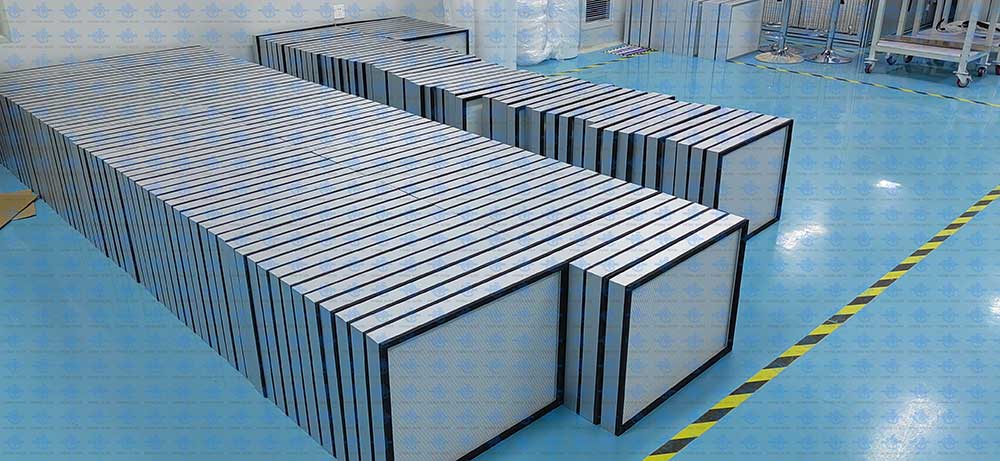
The future of air filtration in healthcare is promising, with innovations such as smart filters and antimicrobial coatings on the horizon. These advancements aim to enhance filter performance and longevity. The COVID-19 pandemic has heightened awareness of air quality and the importance of effective filtration in preventing the spread of airborne diseases. As technology progresses, we can expect further improvements in filter technology, making healthcare environments even safer.
Conclusion
Medical Grade HEPA Filters are indispensable in healthcare settings, providing a critical line of defense against airborne contaminants. By ensuring clean air, these filters play a vital role in preventing infections and improving patient outcomes. As we continue to navigate the challenges of maintaining high standards of air quality, it is essential for healthcare providers to consider the benefits of Medical Grade HEPA Filters and the positive impact they can have on their facilities.
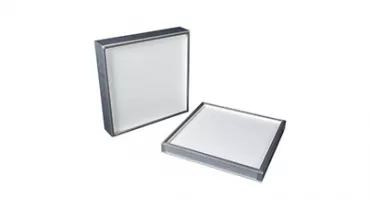 Aug. 21, 2023
Application of Air Filters
Aug. 21, 2023
Application of Air Filters
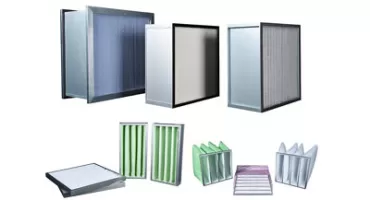 Nov. 20, 2023
The Application of Air Filters in Cleanrooms
Nov. 20, 2023
The Application of Air Filters in Cleanrooms
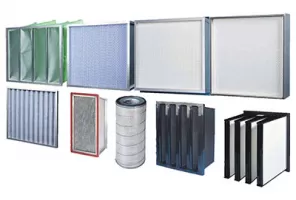 Sep. 11, 2024
The Role of HEPA Filters in HVAC Systems: A Comprehensive Guide
Sep. 11, 2024
The Role of HEPA Filters in HVAC Systems: A Comprehensive Guide

